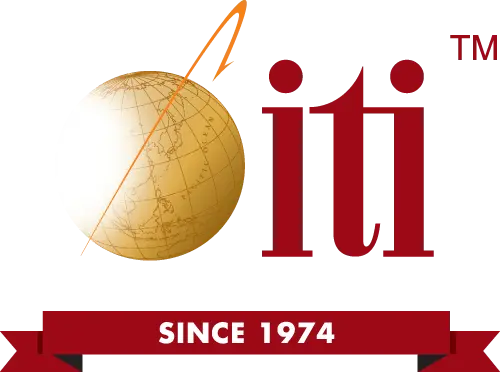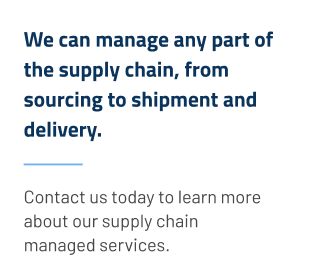Numerous businesses have been adversely affected by a shutdown concerning labor conflicts between the union and shipping lines on the West Coast. Commercial businesses have been forced to leave container ships waiting, sitting in port. Customers of imports and exports from far and wide are complaining, they cannot run a business without the goods they ordered. Some of the containers have been waiting for weeks to come to the docks to off load. Presently twenty-nine ports are closed to business.
What is Happening?
The two ports, Los Angeles and Long Beach, together normally process about one billion dollars a day of materials and items from Asia. More than seventy percent of goods received are shipped from Asia and about half of all U.S. maritime trade is conducted at these ports. While these port closings can cause unexpected inconveniences, it is imperative that organizations are well-equipped to handle situations as they arise. As a global leader in the shipping and manufacturing industry in the American-Chinese markets, ITI Manufacturing is able to stay current on evolving situations and trends to meet your manufacturing needs.
From manufacturing of car parts to toys and electronics arriving; to export of citrus and agricultural shipments all over the world, loads await. The once extremely busy ports are now quiet and reticent without workers to unload deliveries and prepare export shipments. The congestion and port closings have particularly affected the citrus industry to a loss of up to twenty-five percent in export business. Losses are up to $500 million for the citrus industry in export sales in this season so far.
What Caused the Closings?
Trouble was brewing before the labor problems between the Pacific Maritime Association and the International Longshore and Warehouse Union (ILWU) forced the closings. The congestion had come to a critical situation and the labor dispute intensified the problems. Any complications causing the ports to shut down is a resounding predicament for industry trade groups. Especially now, since this is the production vertex export season, right before Chinese New Year.
Containers are sitting on the docks for ten days, and some even longer, since the strife began.
Considering the large import of manufacturing components and finished goods, the impact of the shut down affects the producers as well as the American importers. The dispute has disrupted the Pacific supply chain to the point that some suppliers must use more costly means to send goods to the U.S. Shipping by air seems the only resolution for some industries at this time. A few companies are using trucks to send cargo to the Port of Houston, a more costly effort, but one seen as necessary for the citrus growers.
The Pacific Maritime Association has declared there will be a meltdown if the contract offer is not accepted by the twenty-thousand membership of the ILWU. The union workers assert they want to work and wish to return, but have not yet accepted the offer.
What are Solutions?
President Obama is attempting to restore the situation by dispatching Tom Perez, the Secretary of Labor, to California to resolve the dispute. The sincere hope between both parties is to have the friction concluded satisfactorily with a new contract.
The Pacific Maritime Association’s compulsory termination of work in ports on the West coast will continue as far as can be determined at this time through the President’s Day holiday.
While current delays and port closings can effect many industries and organizations, ITI Manufacturing remains one of the leaders in manufacturing in China, on top of all of the current news and trends, making us well equipped to provide custom manufactured goods and components for your business needs. If you would like more information on port closings and ways that ITI can help your organization, please contact us today!
(Source: NPR)






